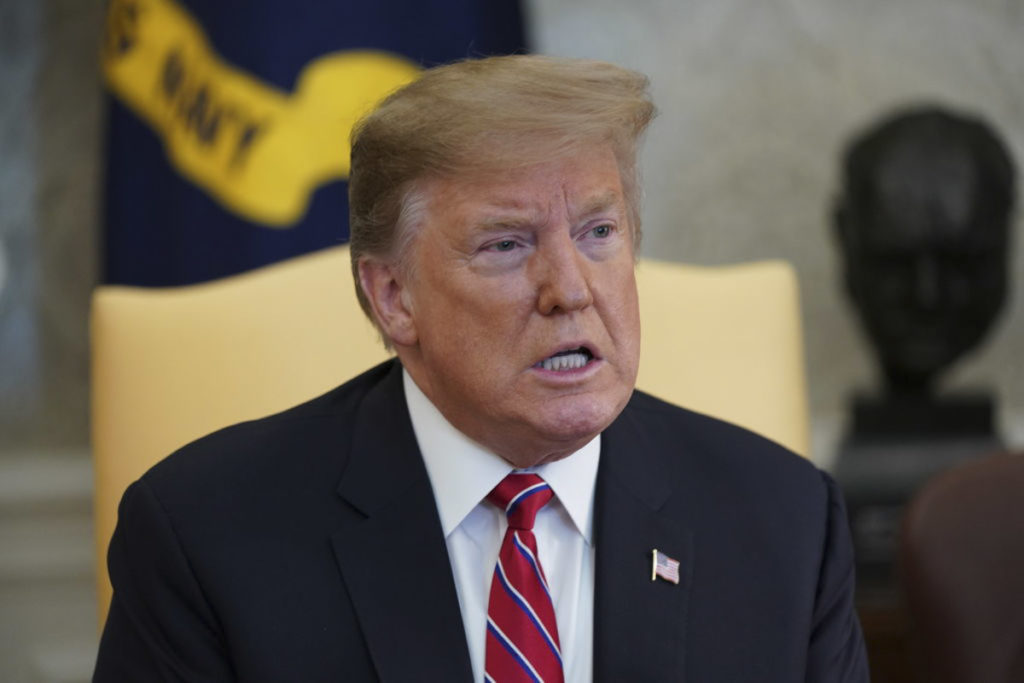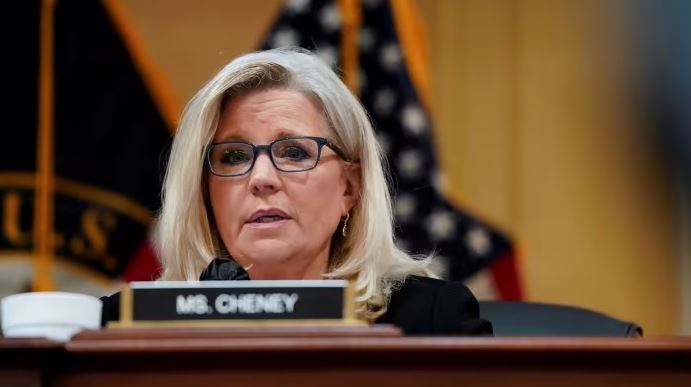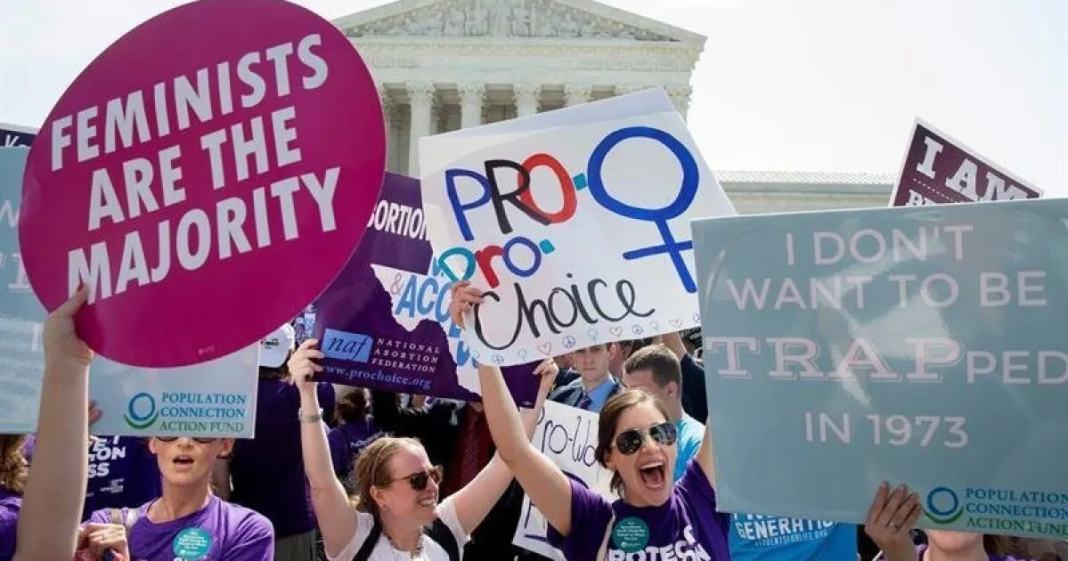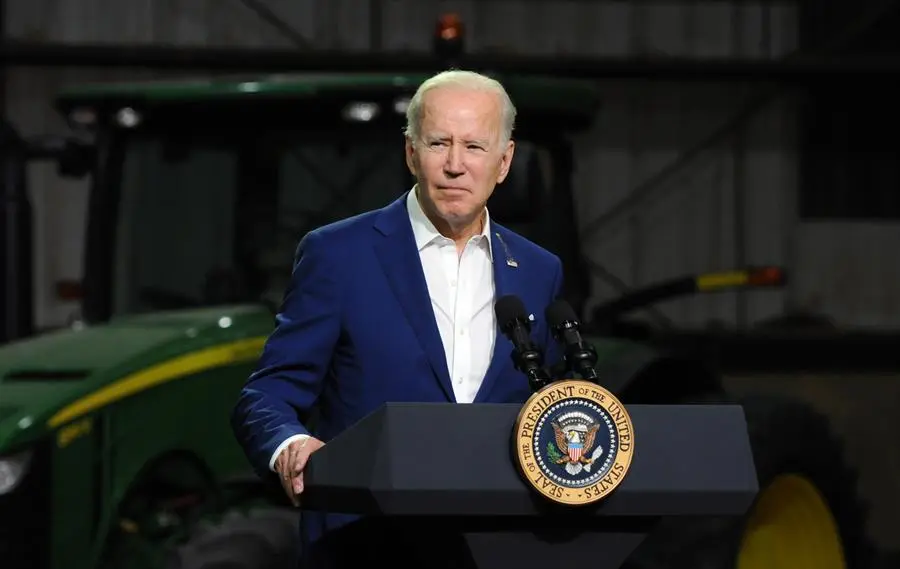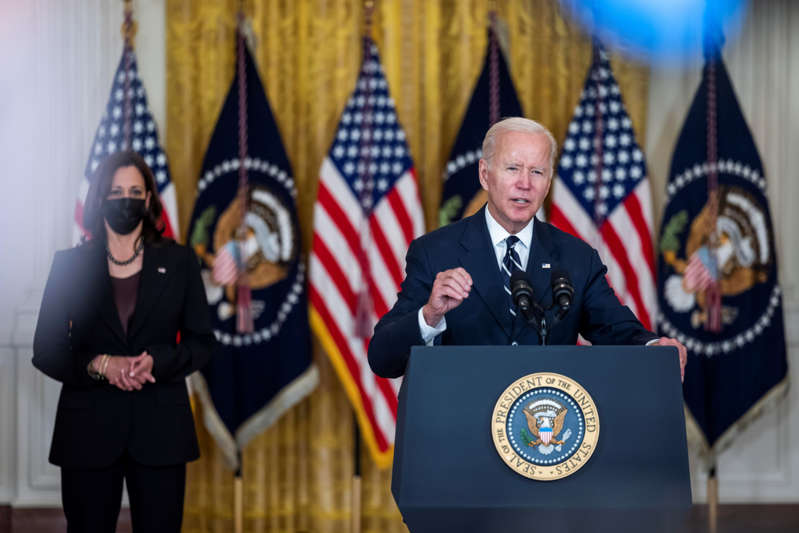Former US President Donald Trump (2017-2021) intends to block 770 documents, including call logs and handwritten annotations from advisers during his presidency, from the US Lower House committee investigating the past Capitol robbery on January 6th.
That according to court documents cited this Saturday by several US media, in which an official of the US National Archives assures that Trump wants to block a wide variety of files related to the attack on Congress.
According to this official, John Laster, the former president intends to stop the delivery to the commission of these files, which include pages of handwritten notes, draft documents, and daily records of his main advisers.
In those court documents, Laster presented three file packages over which Trump claims executive privilege that would prevent disclosure.
The first batch of 46 documents includes daily presidential journal records, draft speeches and comments, and three handwritten notes from Trump’s former chief of staff, Mark Meadows, regarding Jan.6.
The second package, which contains 656 pages of different documents, has folders of Trump’s conversations with former White House press secretary Kayleigh McEnany about voter fraud and the 2020 elections.
In addition, in that group of documents, there is also a draft of Trump’s speech for the rally in front of the Capitol that ended in the assault and a draft of an executive order on the integrity of the November elections last year.
Finally, the third batch of documents, 68 pages long, contains a draft of a proclamation about the Capitol Police and the agents who died on that tragic day.
Five people died and about 140 agents were attacked by pro-Trump protesters, who were armed with axes, bats, and hockey sticks, among other objects, according to data from the authorities.
Two weeks ago, the committee investigating the assault on the Capitol on January 6 declared in contempt for refusing to appear before lawmakers to the far-right Steve Bannon, a close ally of Trump.
Anyone found guilty of contempt by the federal court can face up to a year in jail and a $ 100,000 fine, according to the Congressional Investigative Service.

















































































